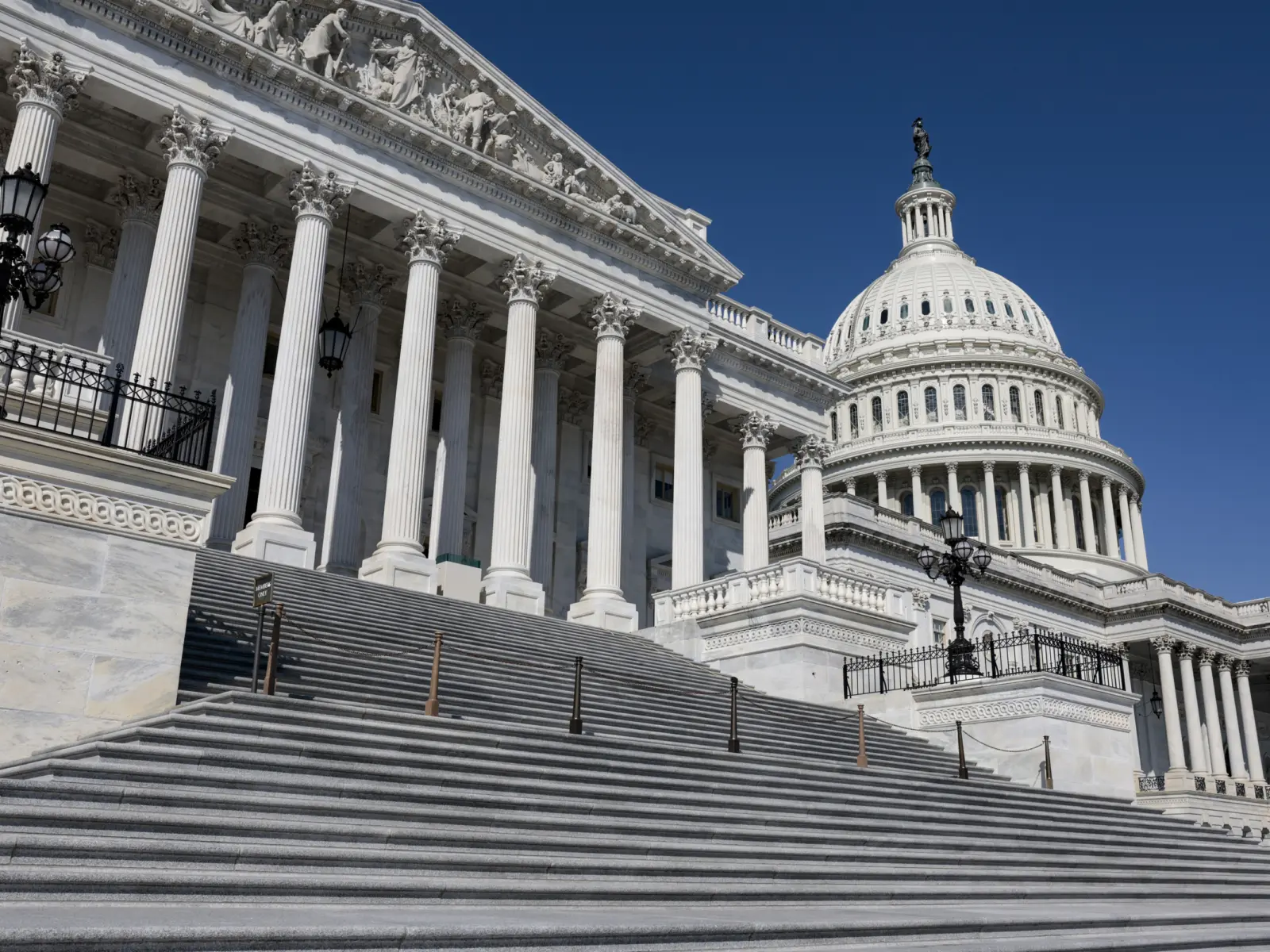Two new laws signed by President Joe Biden take incremental steps toward addressing the nation’s prescription drug affordability crisis, but Congress will need bolder action to effectively and meaningfully lower the price of prescription drugs.
Biden this week signed the Advancing Education on Biosimilars Act — which aims to increase awareness of less-expensive competitors to biologic drugs — as well as the Ensuring Innovation Act, which formally codifies which drugs should be granted market exclusivity.
While these laws both aim to strengthen competition in the pharmaceutical market — and ultimately drive down drug prices — they are limited in their abilities to put pricing pressure on pharma, underscoring the importance for Congress to take stronger action toward lowering drug prices.
What the Laws Aim to Do
The Advancing Education on Biosimilars Act is narrowly focused on increasing understanding, awareness and education of biosimilars in an effort to encourage more physicians to prescribe the drugs and more patients to take them.
Biosimilars are more affordable competitors to brand name biologics, which are drugs that are made from living organisms. In many ways, biosimilars encourage competition similar to how generic drugs drive down prices for traditional pharmaceuticals.
Under the new law, the Centers for Medicare and Medicaid Services will develop a website to inform and educate providers and patients about biosimilars in an attempt to accelerate the market, which has been sluggish in the 11 years since Congress established a pathway for approval.
The Ensuring Innovation Act similarly aims to foster a more competitive pharmaceutical market, but it does so by officially closing loopholes that, if opened, would thwart generic competition. The law restricts drugs from obtaining five years of market exclusivity unless they contain a “new chemical entity” that has not been previously approved by the FDA. Market exclusivity is an amount of time defined in law where there can be certain delays and prohibitions on approval of competitor drugs. The objective is to maintain FDA’s current standard to reward drugs that are truly new and innovative, rather than granting exclusivity for drugs that aren’t markedly different than ones that already exist on the market.
Will They Lower Drug Prices?
The changes are relatively minor and unlikely to affect prices in the near-term, or in a significant fashion. On the first measure, Congress ultimately must address anticompetitive practices by brand biologics and ensure patients have access to the lowest cost products in order for the market to thrive.
The other measure — limiting exclusivity to only new and innovative drugs — has already been in practice by the U.S. Food and Drug Administration, which reviews and approves drugs. The law puts into writing what regulators have been doing for some time already.
What’s Next
Congressional attention to drug pricing issues is surging, with more than 20 bills circulating the House and Senate. Evidence and research has shown that the most effective solutions lower prices by strengthening competition, addressing distortions in the pharmaceutical market, and tackling high launch prices and unjustified price increases.
To accomplish these objectives, Congress has a number of options to consider: redesigning Medicare Part D; implementing an inflation rebate to require pharmaceutical companies to reimburse the government when drug prices rise faster than inflation; or granting Medicare the authority to negotiate the price of drugs directly with manufacturers.
In a recent poll, nearly 8 out of 10 Americans surveyed said they want the government to be able to regulate prescription drug prices. A survey of employers uncovered a similar sentiment, with 83 percent saying they somewhat or strongly agree that the federal government should be able to negotiate with drug companies to get lower prices on prescription drugs.
Arnold Ventures is committed to working with the Congress and the administration to pass meaningful reforms to address the key drivers of high drug pricing and spending.

















